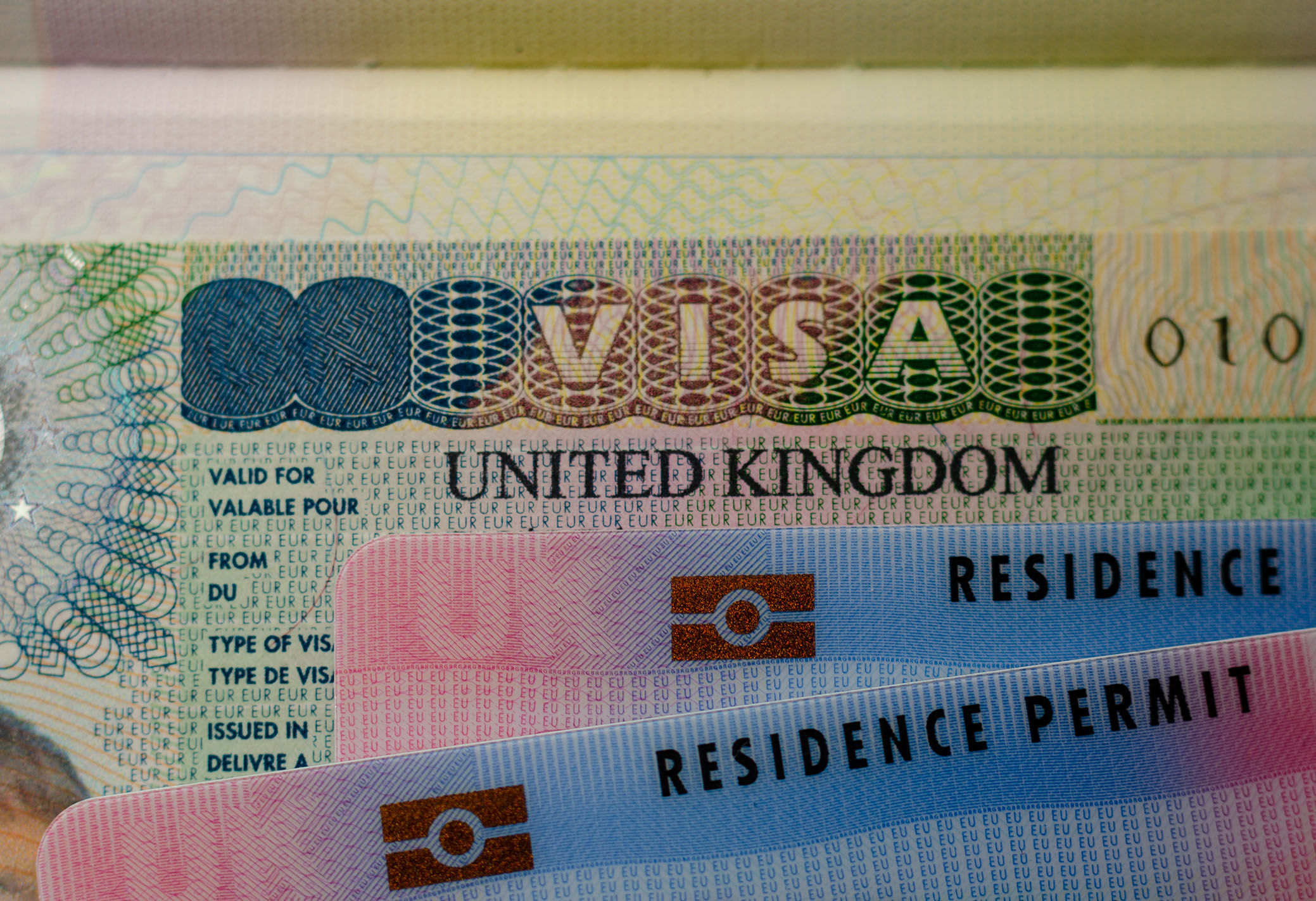UK visa system failing to flag overstayers, says Home Secretary
The UK’s Home Office has admitted that its current systems pose difficulties in identifying visitors who remain in the country after their visas have expired. Home Secretary Yvette Cooper told BBC Breakfast that “the conclusions it’s come to are right that the system just hasn’t been strong enough” to tackle the issue.
Despite existing technology that could enable more effective training, the government is facing criticism for not fully utilizing tools capable of overstayers. Advocates describe the situation as a “predictable” negligence, with calls for the Home Office to strengthen its checks on visa expiry dates and automate the follow-up process. There are three key points to be aware of to address this issue.
● System weaknesses:
The current digital and administrative infrastructure may not be sufficiently robust to effectively monitor visa expirations.
● Technological solutions exist:
There are tools on the market that could help flag expired visas in real time, but adoption has been lackluster.
● Government response:
Home Secretary Cooper has acknowledged the issue and hinted at upcoming reforms to bolster enforcement.
The UK government should certainly enhance its security, especially since its ally, the United States has been dealing with this issue for ages. For instance, the US has implemented the I-94 arrival/departure record in May 1997 throughout its border points, with accurate records that can be easily viewed online by travelers with transparent systems. On top of that, the US has also been keen to strengthen its borders even further by expanding a biometric exit-tracking system (i.e facial recognition technology at the departure boarding gate, applicable to international flights departing from US airports) throughout the nation. However, the UK’s current exit check system feels perfunctory to most travelers and it is not possible for travelers to open their travel records like the US I-94 and no official data is published on the UK’s Home Office regarding the technology and method used to record individual travel history.
What this means for the UK
Strengthened checks: The Home Office is expected to launch tighter visa-tracking protocols, likely involving improved data sharing and automated alerts.
Potential policy shifts: This admission may lead to expanded use of technology in immigration control, though it will require balancing enforcement with civil liberties.
Public scrutiny: Inside and outside government, there’s growing pressure for accountability in how the UK handles immigration compliance.
